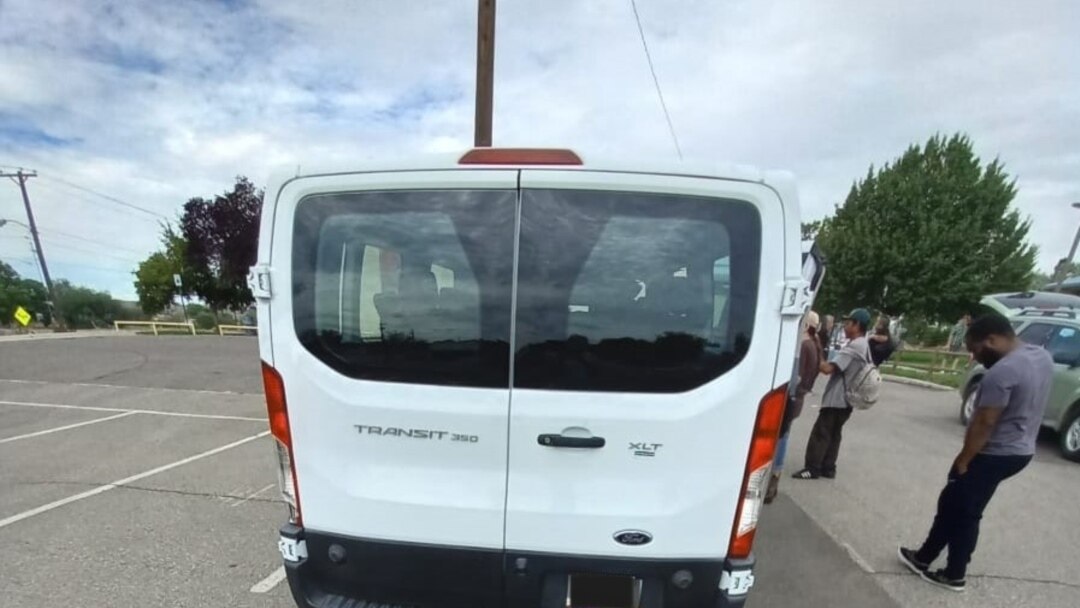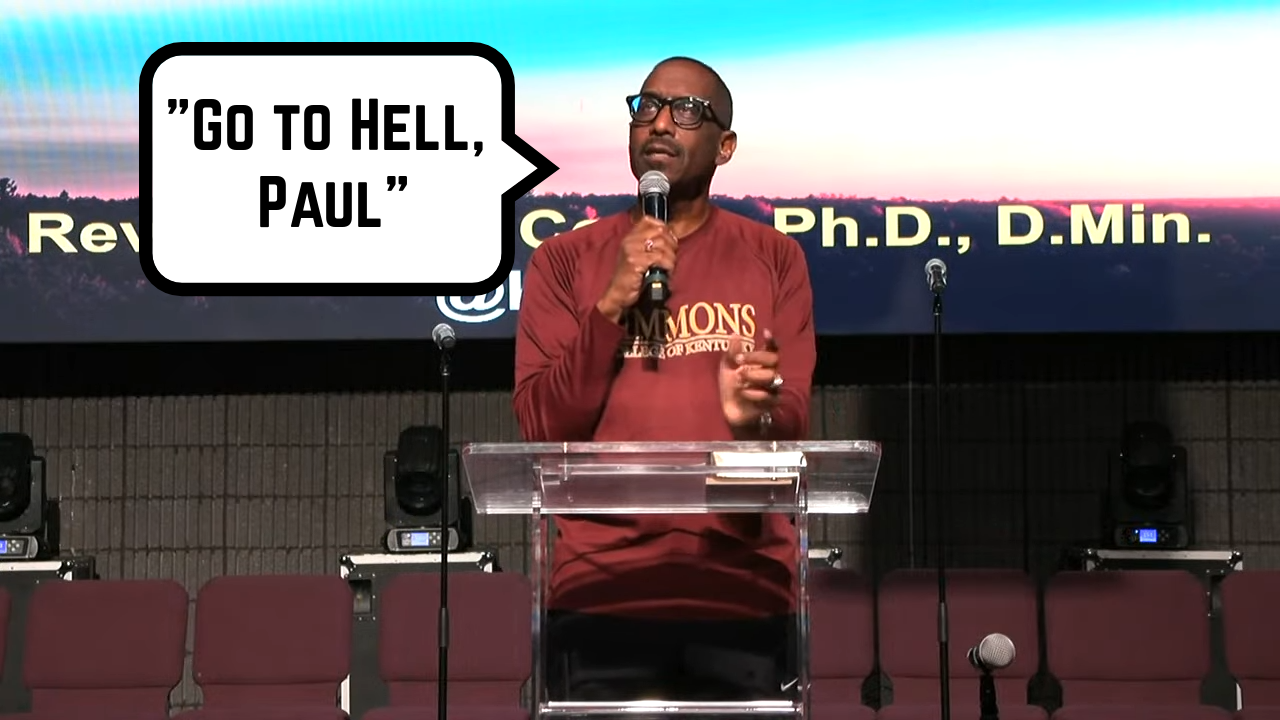- BlackVoter.Org
- Posts
- BLACKVOTER.ORG
BLACKVOTER.ORG
HAPPY THANKSGIVING!!!

Join a compelling online event on December 5, 2024, hosted by the Schomburg Center for Research in Black Culture, celebrating the vital contributions of women in the Black Freedom Movement. Esteemed scholars Noliwe Rooks, Ashley Robertson Preston, Sonya Y.
Ramsey, and Marcia Walker-McWilliams will delve into their groundbreaking biographies that highlight women's perspectives in this pivotal era of social justice. Each panelist brings a unique lens, exploring figures like Mary McLeod Bethune and Reverend Addie Wyatt, showcasing their relentless pursuit of equality.
This engaging discussion not only enriches our understanding of civil rights history but also underscores the importance of women's voices in shaping activism. Don't miss this opportunity to learn and reflect on the historical impact of these extraordinary women.

It's Giving Tuesday, a day to celebrate generosity and make a lasting impact! This year, we spotlight remarkable Black-led organizations that uplift the community and promote positive change. From the Center for Black Equity, which advocates for LGBTQ+ rights, to Black Girl Ventures, empowering entrepreneurs with capital and resources, these initiatives are worth supporting, not just today but all year round.
Other impactful groups include the Black Mental Health Alliance, focused on mental wellness, and the National Congress of Black Women, advocating for equality and leadership opportunities. Whether you're passionate about arts, education, health, or justice, there’s a cause that resonates with you.
Dive into this opportunity to give back and empower these organizations working tirelessly to create a brighter future for the Black community.

As Thanksgiving approaches, the prospect of politically charged conversations about the economy can create awkward moments around the dinner table. Enter Bank of America, armed with a handy guide to help navigate these tricky discussions with grace and knowledge.
From inflation to housing market trends influenced by Trump's policies, they provide succinct responses tailored for both quick replies and in-depth explanations. For instance, when discussing grocery prices, they suggest explaining inflation's recent behavior, emphasizing the lasting effects of price spikes since 2019.
Similarly, they offer insights on possible future mortgage rates and why housing affordability remains a challenge.

The Supreme Court is set to wade into a complex racial gerrymandering dispute from Louisiana, igniting discussions on how congressional district maps should be drawn. At the heart of the issue is Louisiana's battle over the representation of Black voters following the 2020 census.
Although the state originally created two majority Black districts to comply with the Voting Rights Act, it faced lawsuits from both civil rights advocates and dissatisfied non-Black voters. These conflicting claims resulted in a federal court striking down the new map, prompting state officials to seek a Supreme Court ruling on the matter.
With a conservative majority on the bench, this case could reshape the landscape of federal involvement in redistricting and impact the political balance in Louisiana. As the court prepares for arguments, all eyes are on whether it will uphold or challenge state efforts to balance race and electoral power in districting.

In Arizona, a troubling trend has emerged where fraudulent "sober living" homes are targeting vulnerable Native Americans. These deceitful operations promise safe havens for those recovering from addiction but instead trap them in cycles of dependency.
Victims like Marvin, a Navajo man lured from his community, report being locked away and fed drugs to keep them enrolled. These homes exploit Arizona's Medicaid system, billing for non-existent services while leaving residents without real treatment.
Local activists, like Reva Stewart, have stepped up to expose this scam, helping victims escape and return home. With hundreds of these operations erupting in Phoenix, the FBI is investigating the misuse of federal funds, although their focus currently overlooks the severe human rights abuses happening behind closed doors.
Amidst calls for stricter regulations, the plight of Native Americans caught in this exploitation is gaining attention, highlighting a dire need for protective measures against such scams.

In a bold sermon at St. Stephen Baptist Church, Kentucky's largest African American church, Pastor Dr.
Kevin Cosby stirred controversy by denouncing the Apostle Paul's teachings in the Bible, particularly those addressing slavery. During his message titled “Slavery and the Bible,” he openly declared, “Go to hell, Paul,” for the contradictory and problematic verses in his writings.
Cosby emphasized that not all biblical texts hold equal value, comparing some verses to lesser coins, while asserting that true salvation involves liberation from oppression and fostering love and justice among individuals. His passionate stance challenges traditional interpretations and highlights a broader conversation about the relevance of scripture in addressing modern social issues.
By prioritizing the essence of Christ's message over specific biblical texts, Cosby aims to inspire a transformative approach to faith, one that prioritizes compassion and community upliftment.

U.S.
Magistrate Judge Benjamin Cheeks, a nominee for a federal judgeship, finds himself in the political crossfire as his confirmation hangs in the balance amidst the upcoming Trump inauguration. With just days left in President Biden's term, Republican senators are poised to potentially block his confirmation, turning Cheeks into a political pawn in a larger battle.
This unfolding drama highlights the intense partisan struggles within the Senate, as both parties jockey for power and influence in the judiciary. As the clock ticks down, Cheeks' future remains uncertain, caught in a whirlwind of political maneuvering and conflict.
Navigating political disagreements in the workplace can feel like walking a tightrope, especially with rising tensions around elections. The key? Embrace humility! By fostering a culture of listening and acknowledging different perspectives, employees can build trust and create a more harmonious work environment.
Experts recommend finding common ground—most people desire a prosperous future, just differ on how to achieve it. Establishing rituals that allow for light-hearted sharing can also help deepen connections.
However, it's crucial to know when to step back; sometimes silence is golden. With thoughtful communication and a focus on psychological safety, workplaces can transform potential conflicts into opportunities for growth and understanding. quality."